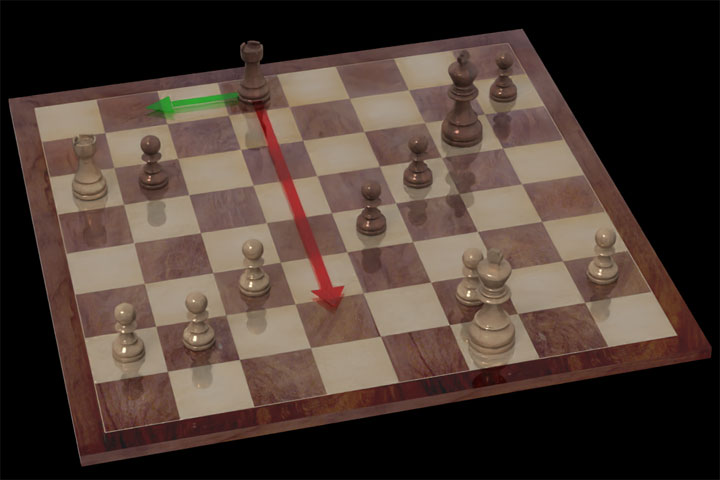


ChessBase 17 - Mega package - Edition 2024
It is the program of choice for anyone who loves the game and wants to know more about it. Start your personal success story with ChessBase and enjoy the game even more.
Here's the original riddle we posted a week ago: Is active defense always best? It tells about the San Sebastián tournament of 1911 and how in round six Akiba Rubinstein got into trouble against Siegbert Tarrasch, in a double rook endgame, and lost a pawn on the queenside. This famous endgame is analysed by R. Fine in his classical book "Basic Chess Endings" from 1941. Later, Levenfish/Smyslov in "The theory of rook endings" (1957), Y. Averbakh in "Turmendspiele 2" (1984), Donaldson/Minev in "The life and games of Akiva Rubinstein 1" (2006), J. Pinter in "1000 Rook Endings" (2007) and A. Panchenko in "Theory and practice of chess endings 2" (2009) approved the original annotations.
Based on Rubinstein's successful play to save his critical position, it is cited in all sources as a prime example of an active defence. But Wolfram Schön has analysed the endgame in depth and reached amazing new conclusions. Click on the notation or the diagrams to get a special replay board with engine support.
 Wolfram Schön, born 5.6.1967, is an International Master 1987 and a grandmaster in correspondence chess since 2006. Greatest success: third place in the Correspondence Chess World Chamionship 2003-05.
Wolfram Schön, born 5.6.1967, is an International Master 1987 and a grandmaster in correspondence chess since 2006. Greatest success: third place in the Correspondence Chess World Chamionship 2003-05.
Wolfram is a programmer and an asset manager by profession.